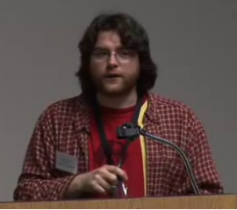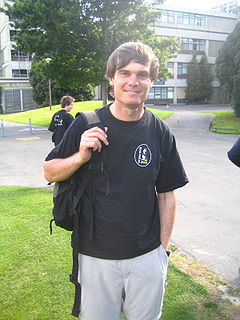A Quote by Sundar Pichai
Open platforms historically undergo a lot of scrutiny, but there are a lot of advantages to having an open source platform from a security standpoint.
Related Quotes
If an open source product gets good enough, we'll simply take it. So the great thing about open source is nobody owns it - a company like Oracle is free to take it for nothing, include it in our products and charge for support, and that's what we'll do. So it is not disruptive at all - you have to find places to add value. Once open source gets good enough, competing with it would be insane. We don't have to fight open source, we have to exploit open source.
If the DHS insists, as bureaucracies are apt to do, that open-source must be certified via a sanctioned, formal process, it will interfere with the informal process of open-source itself. It seems to me the DHS is trying to turn an open-source development project into a Microsoft (or IBM or Oracle) software development project. And we know what that means: more, not fewer, errors -- security and otherwise.
What I do for a living is somewhat like mercenary prostitution. I spend a lot of energy trying to find games to bring to alternate platforms, like Linux and MacOS, and in my free time, I work on various open source projects, and other freebies like that. So I guess I'm a hooker with a heart of gold, sorta.
I think there is a lot of continuity between the Jewish and the Islamic traditions. We know this historically, though people don't want to talk about that - especially Muslims. There is a common source for both Judaism and Islam, or let's say that Islam finds its source in Judaism. The commonalities of practice and sensibility, ethos and mythos, create a lot of overlap.



































